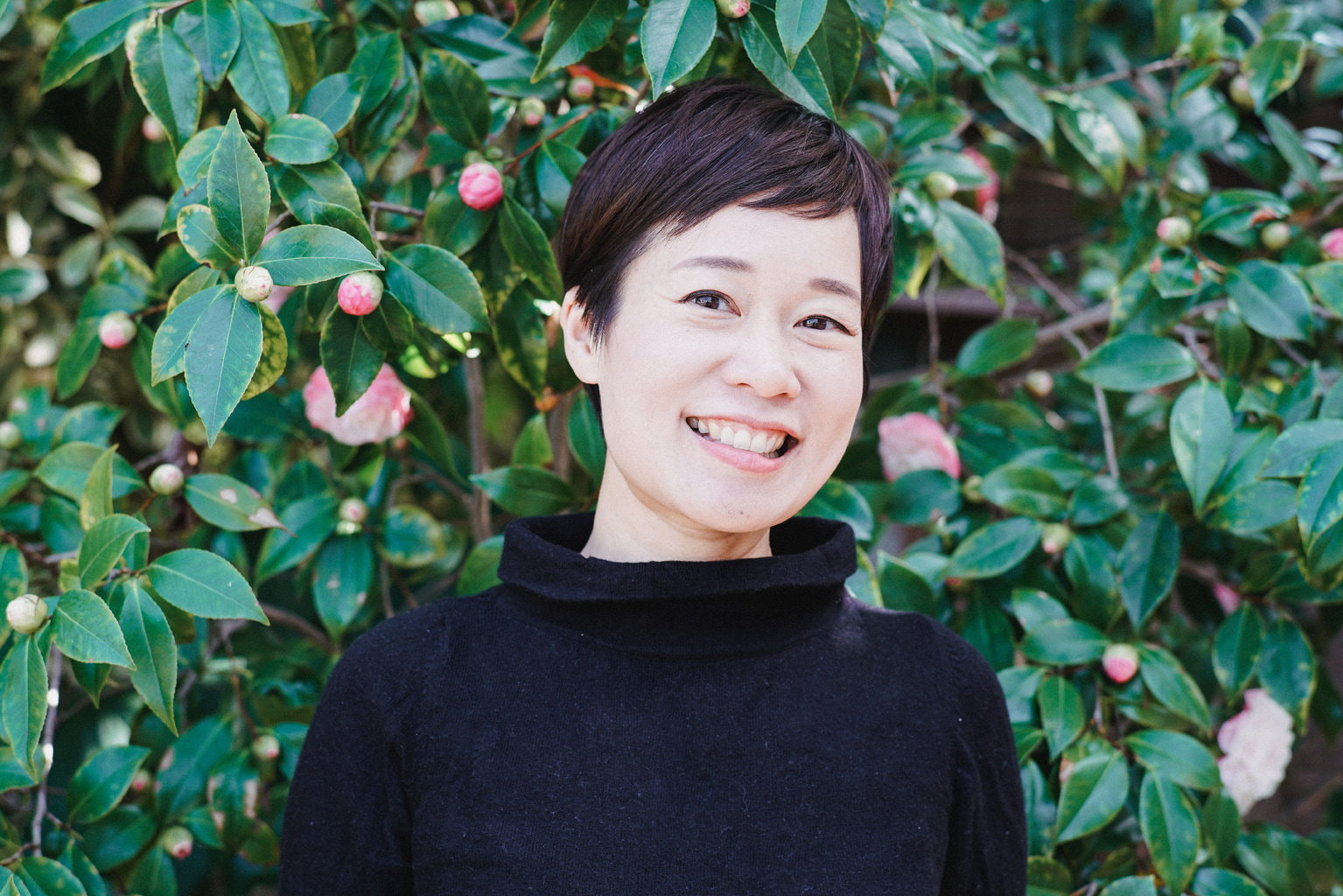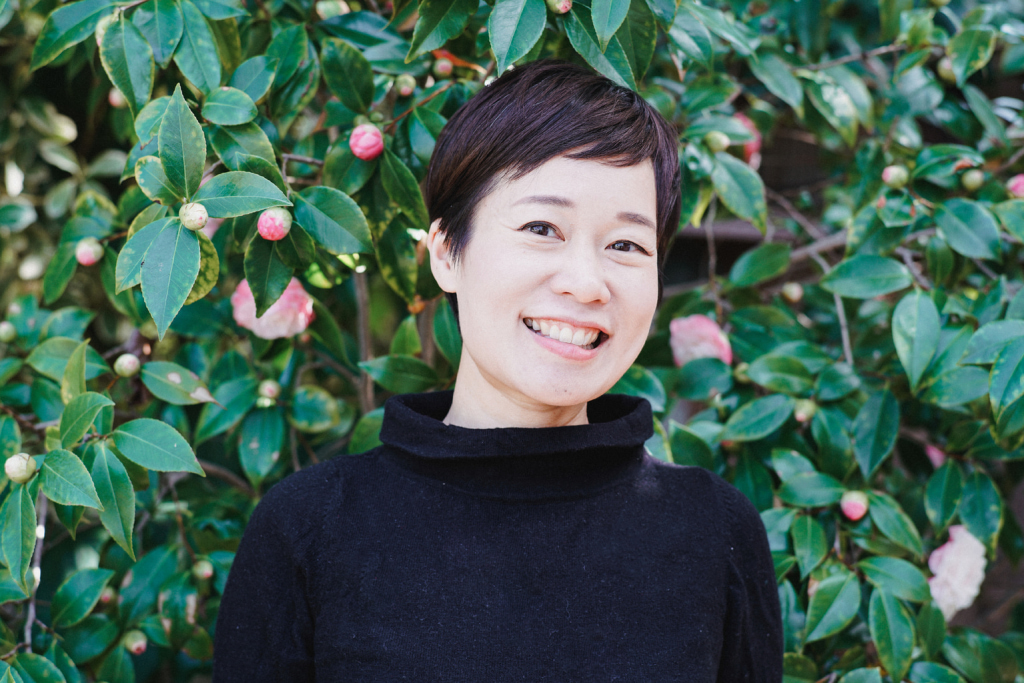I filled my suitcase with books on my trip home to Malaysia in January 2020, not realizing I wouldn’t be able to return for the foreseeable future. After the souvenirs had been given, the holiday photos uploaded to Facebook and the snacks eaten, these books still sitting in a pile on the floor of my shoebox-sized Tokyo apartment were all I had left of the last time I saw my family. One of them was Yangsze Choo’s The Night Tiger, a book that was also coincidentally set in my mother’s hometown of Ipoh.

Choo was born in Malaysia but has lived around the globe, including Germany, Singapore and Japan. As the Japanese edition of The Night Tiger hits the shelves this month, we engage in a virtual sit-down to discuss her life and the influences that have shaped her writing. We talk about food as a consistent motif, her favorite Japanese authors and how the journeys her characters go on in her stories are reminiscent of train travel in Japan.
1. How old were you when you were living in Japan and do you have any memories from that time?
My father’s job posted him to Tokyo for a few years during my childhood. I remember writing in my diary something like “I’m eleven years old, we are going to Tokyo!” in great excitement. Previously, we’d lived in Germany when I was younger and the first thing I wondered about was if it would snow in Japan as well. The years that we lived in Tokyo saw heavy snowfall in the winters, and it was indeed magical.
I have very fond memories of going to school, especially the hot school lunches which were cooked by a group of cafeteria aunties. Such lovely set lunches that often included pudding or a dessert. My favorites were curry and gyudon days. One of the best things about living in Japan as a kid was the freedom and safety to commute independently. I spent a great deal of time wandering around and stopping off in a little park or shrine to look at plants or catch insects.
Tokyo has so many green spots and very old trees and buildings in unexpected places. Despite being crowded, this hidden nature sometimes makes you feel like you’re the only person in the entire alleyway and it wouldn’t be surprising if something strange happened to you, like being hit by a meteor or discovering a door that leads to a secret world.
2. You graduated from Harvard and spent some time in a corporate career. What made you decide to pursue creative writing instead?
Most people in the arts need to have a day job, whether you’re a musician, a sculptor, or a writer. When I was working, I wrote in my spare time as a hobby, never really thinking that it could become a profession. Later, when I had kids and became a stay-at-home mum, I wrote late at night or whenever I had free time, for my own pleasure. I’d go to the public library and write where it was nice and quiet, usually in the cookbook section. Sometimes I still pinch myself and wonder if I really did become a published writer! It’s not something that I planned, but I’m very grateful for it.
3. Do you think there is a growing trend that calls for more English-based literature from Asian authors?
I think the desire to read about other people’s lives has always been inherent in literature. It’s just that it wasn’t always easy to get translated novels or stories. That’s definitely changing, which is a great thing. The more books there are available, the more people discover them. A good story holds up well in any language, I think.
4. Are there any restaurants, izakaya or cafés in Tokyo that you love?
Tokyo always surprises me with its infinite variety of delicious cuisines, and I feel very excited (and make sure to pack lots of elastic-waisted pants) when we’re lucky enough to visit. Going to restaurants as an adult is a completely different feeling from my childhood memories. My mother loves to cook, and I remember her working her way through Japanese recipe books and learning from friends. At one point, she practiced carving a lot of cucumber vegetable decorations and we had to eat them all.
Right before closing time, I’d often ride my bike to the local supermarket to buy a pack of reduced-price sashimi to eat after dinner. My family used to laugh at me for spending my pocket money on fish! Once in a while, we’d go to a kissaten, one of those Showa-style coffee houses where they served delicious ice coffee (I’d always add glugs of sugar syrup), shockingly lime green soda with a scoop of ice cream, as well as typical yoshoku style meals of Spaghetti Napolitan and gratin. That always makes me feel nostalgic. It lives on in your memory, together with the smell of cigarette smoke. People used to smoke all the time, back then.
5. The Night Tiger was incredible for me in the way you painted 1930s Malaysia that though developing, was still very primal in its plantations and in the peoples’ reverence for wild and magical beasts. It made me think of my time hiking in rural Japan. How does nature influence your writing?
I spent hours poring over old copies of National Geographic magazine and reading about animals and plants when I was young. It’s certainly informed my writing, in the sense that you tend to write about what fascinates you. In Malaysia, my dad would take us for long jungle walks. We used to collect guppies and clear, crystalline shrimp from rivers and streams. Once I caught some giant tadpoles, slippery and dark like grass jelly, and so large that only one could fit in a child’s cupped palm. The deeper you go into the jungle, the less undergrowth there is so that in primary forest, where the trees are truly giant, it’s quite clear underneath. The temperature is cooler, and the hum of insects rises like a cloud around you. Forests have always held a special place in my heart. I tend to pay a great deal of attention to the types of trees since they give shape and feel to the landscape.
6. Have you been to other parts of Japan besides Tokyo? If so, have any inspired your work
When I was a child living in Japan, we didn’t travel much overnight because it was expensive and also rather hard to read maps and figure out schedules before the advent of Google. But I do remember a lot of day trips and hikes, including how tame the deer were in Nara. My mum always wanted to go to Hokkaido, so a couple of years ago we took my parents who are now retired, on a trip north. As an adult, I’ve also traveled to Fukuoka by train, stopping off at Kyoto, Osaka, Miyajima, and Hiroshima. One day I’d like to visit Aomori and Kumamoto.
As you’ve probably guessed from The Night Tiger, train journeys are one of my favorite ways to travel. Perhaps because you can look at the scenery passing by, and also eat lots of things. There’s a particular charm to eating on a train; somehow one feels that one is very busy “going places”.
7. You’ve certainly traveled to many places in Japan. I have to ask though – Tokyo or Osaka?
I haven’t spent much time in Osaka, so I’d have to say Tokyo for now. Though I’m open to exploring!
8. Do you have a favorite Japanese author or novel?
I love Yoko Ogawa’s short stories and novels, which bring the reader into a strange, elliptical world. She wrote a short story about carrots that look like human hands that I couldn’t stop thinking about for days. I’m also a big fan of Haruki Murakami and the effortless way in which he combines everyday details with unusual events. Also Banana Yoshimoto, Miyuki Miyabe, and the classic mysteries of Seicho Matsumoto. Growing up, I read a lot of classics. I particularly liked Yasushi Inoue’s novella The Counterfeiter, and his descriptions of fireworks.
9. Do you think you’ll ever write a novel set in Japan or with strong Japanese influences?
I’m working on my third novel right now, set in northeast China in 1908. It’s a detective story about women who turn into foxes. I made a trip to China to look at old houses and courtyard gardens, then the pandemic shut down further travel. So for now, I might move part of the plot to Japan. I’m still working through it, but it’s been a pleasure exploring the world through the characters, especially since travel overall has been curtailed by the pandemic.
10. If you could only give one piece of advice to aspiring authors, what would that advice be?
Write what you think is truly interesting. Not what other people tell you to write, or what you think other people like. And keep writing. It’s easy to start things, but a lot harder to finish them properly. If you can finish a short story, or a poem, or a journal entry, those are all encouraging steps towards completing projects.
The Japanese edition of The Night Tiger hits the shelves on May 7. For its English edition, check your favorite bookstore.









